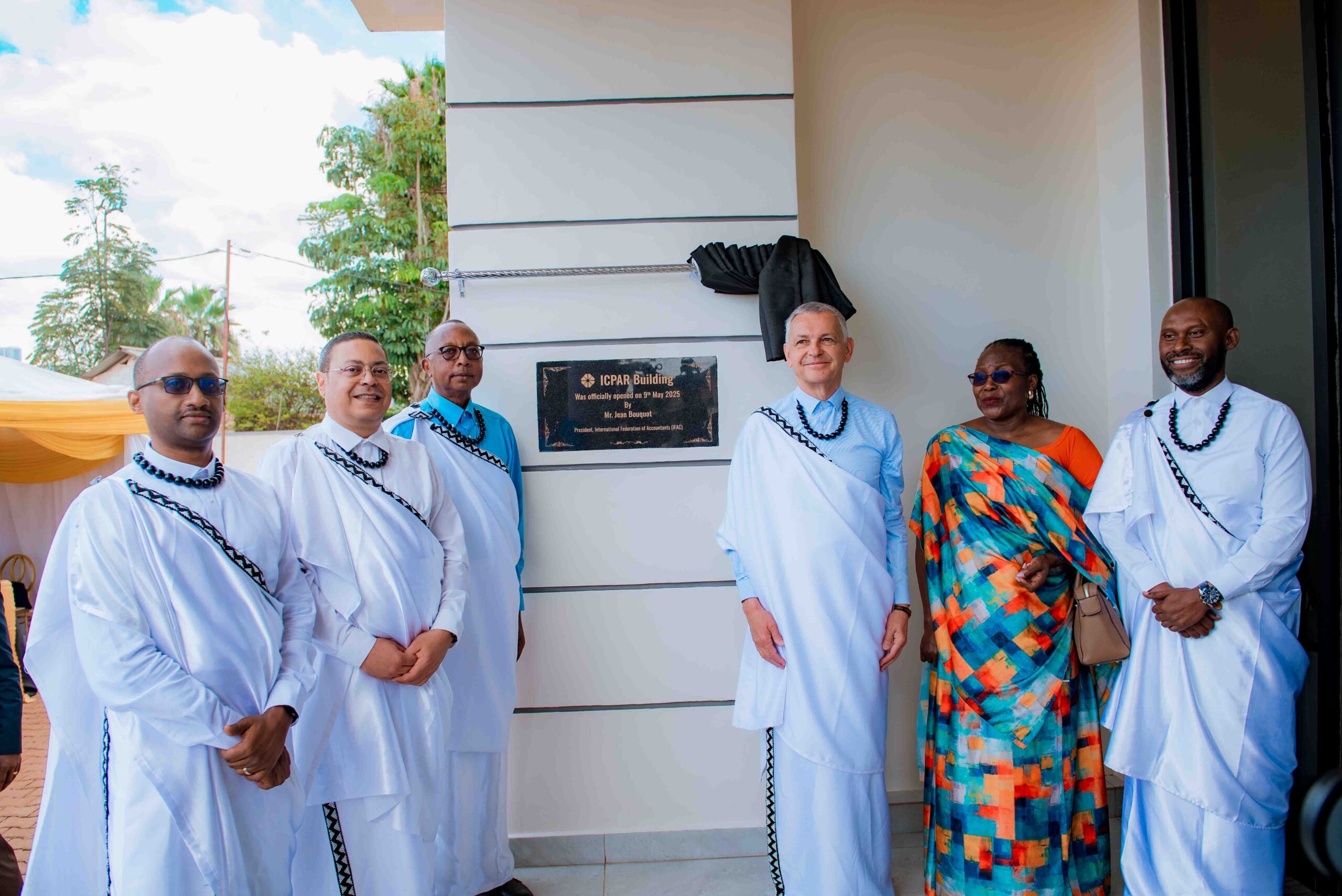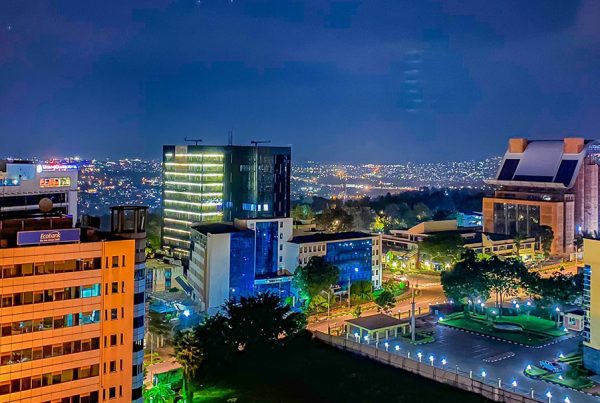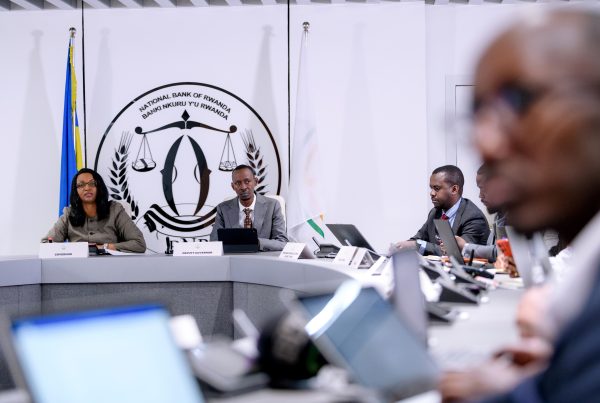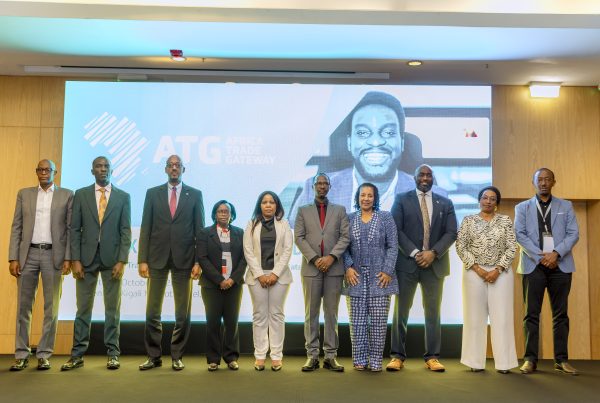Africa’s accounting profession is no longer on the sidelines of economic transformation, it is positioning itself as a central force in the continent’s governance and development narrative. That ambition was unmistakable in Kigali, where over 2,000 delegates convened for the 8th Africa Congress of Accountants (ACOA 2025), hosted by the Institute of Certified Public Accountants of Rwanda (ICPAR) in partnership with the Pan African Federation of Accountants (PAFA).
Held from May 6–9 at the Kigali Convention Centre, the congress reflected a profession that is evolving with purpose. From ESG frameworks and artificial intelligence to public sector accountability and AfCFTA integration, discussions centered on how accountants can be catalysts for a more transparent, inclusive, and economically dynamic Africa.
The congress opened with remarks from Rwanda’s Minister of Finance and Economic Planning, Yusuf Murangwa, whose presence signaled not only national backing but also the broader political momentum supporting financial reform and institutional accountability. Over two days, cabinet-level officials addressed delegates, underscoring the integral role accountancy plays in delivering on national development goals.
For the continent’s professional bodies, the gathering marked a strategic inflection point. “This congress represents more than just a gathering of professionals,” ICPAR CEO, Amin Miramago noted. “Our profession must evolve beyond numbers to become true architects of sustainable prosperity for Africa,” He said.
One of the most anticipated figures at ACOA 2025 was the President of the International Federation of Accountants (IFAC), Jean Bouquot, who delivered a deeply personal and resonant address. “This is a lesson for me, for each of us,” Bouquot told the audience, reflecting on the values that unite the global accounting community. “We are a family and like any family, we face disagreements and challenges. But our strength lies in trust.”
Bouquot acknowledged the fragile nature of that trust, drawing on his experience as a former partner at Arthur Andersen, whose collapse reshaped the profession’s approach to ethics and compliance. “We’ve seen what happens when trust breaks,” he said. “Our challenge is to protect it, nurture it, and share it every day.” His remarks added an emotional depth to a congress defined by its emphasis on transformation and unity.
For host country Rwanda, ACOA 2025 was more than an event, it was a message. “In a world where financial systems are increasingly interconnected, taking ownership of developing our profession is not something we can ask others to do for us,” ICPAR President Obadiah Biraro said. “Hosting ACOA is an indication that Rwanda’s perspective matters, that our innovations merit attention, and that our solutions have relevance in the global accounting ecosystem,” He added.
Delegates engaged in high-level panels, interactive workshops, and technical deep-dives organized around three pillars: professional excellence, technological advancement, and sustainable impact. These sessions didn’t just reflect trends, they shaped the policy and practice agenda for national accounting bodies from Cape Town to Cairo.
ACOA 2025 was preceded by a landmark event: the PAFA Forum to Advance Women in Accountancy, themed “Breaking Barriers, Building Influence.” Held on May 5, it highlighted the growing momentum for gender equity in financial leadership and the critical role women play in redefining the profession.
For many, the congress was not only about insight but about positioning. Kigali, which hosted the East African Congress of Accountants in 2024, is fast becoming a hub for serious continental dialogue around financial reform and professional growth. Delegates left with new networks, strengthened partnerships, and a deeper sense of mission.
ACOA 2025 closed with clarity and conviction: African accountants are no longer simply reporting on the past, they are designing the systems, standards, and solutions that will define the continent’s economic future. In doing so, they are asserting Africa’s voice in the global financial conversation, measured, credible, and impossible to ignore.





